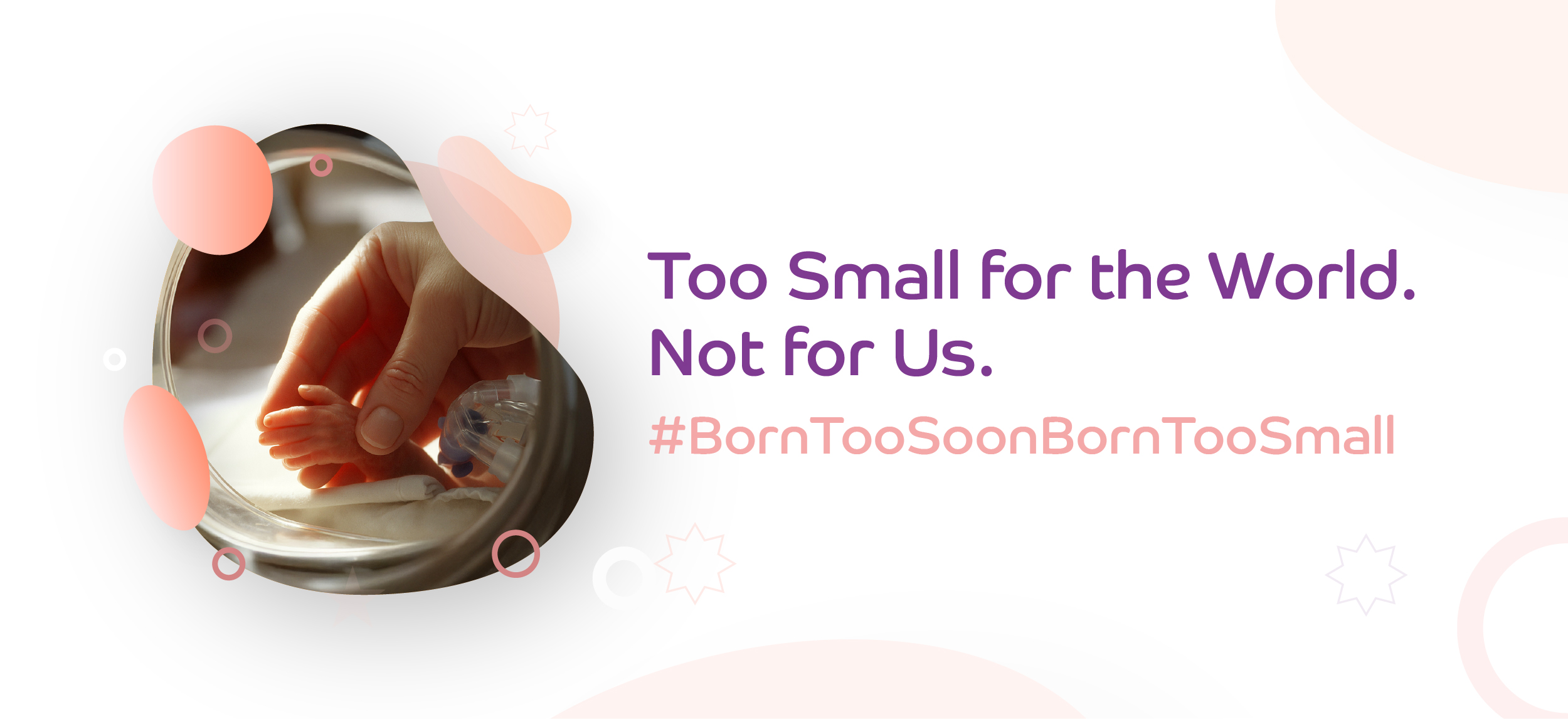Categories
How to Maintain a Healthy Pregnancy Weight Gain
Jun 06, 2025
Pregnancy is a precious journey filled with anticipation, joy, and a fair share of questions. One of the most common concerns expectant mothers have is about weight gain. At BirthRight by Rainbow Hospitals, we understand that pregnancy weight gain can be confusing and sometimes overwhelming. How much is too much? Is my baby getting enough nutrition? Are my cravings okay to indulge in? Don’t worry! These are common questions. Our team of expert obstetricians and nutritionists, with their wealth of experience and knowledge, is here to guide you through each trimester with personalized care ensuring your health and your baby's development without causing undue stress.
Why Managing Pregnancy Weight Gain Matters?
Gaining weight during pregnancy is not only natural but essential. However, the key lies in gaining it steadily and within recommended limits. Excessive or inadequate weight gain can affect pregnancy outcomes and increase the risk of complications, including high risk pregnancy, gestational diabetes, preeclampsia, and delivery difficulties. At BirthRight by Rainbow Hospitals, we pay close attention to pregnancy weight trends because:- Excessive weight gain increases the risk of gestational diabetes, hypertension, and delivery complications.
- Inadequate weight gain may result in low birth weight or developmental issues for the baby.
- For women experiencing a high risk pregnancy, weight management becomes even more crucial for maternal and fetal safety.
Healthy Weight Gain Supports:
The baby's growth and development
- The formation of the placenta and amniotic fluid
- An increase in maternal blood and fluid volume
- Additional fat stores to prepare the body for breastfeeding
What Is The Recommended Weight Gain In Pregnancy?
At BirthRight by Rainbow Hospitals, our obstetric specialists assess your health status during the early antenatal visits and provide individualized guidelines, recognizing that each pregnancy is unique. For mothers with twin pregnancies or other complications, we offer specialized support plans. The amount of weight you should gain depends on your pre-pregnancy BMI (Body Mass Index):- Underweight (BMI < 18.5): 12.5 to 18 kg
- Normal weight (BMI 18.5 – 24.9): 11.5 to 16 kg
- Overweight (BMI 25 – 29.9): 7 to 11.5 kg
- Obese (BMI ≥ 30): 5 to 9 kg
Trimester-wise Approach
First Trimester: (Weeks 1–12)
Most women don't need extra calories in the first trimester. Instead, the focus should be on building nutrient reserves. A well-balanced diet for pregnant women in the first trimester ensures the proper nutrients are absorbed even when appetite fluctuates due to morning sickness or fatigue. Our dietitians at BirthRight by Rainbow Hospitals recommend:- Folate-rich Foods: Leafy greens, oranges, and legumes to prevent neural tube defects
- High-Protein Foods: Eggs, tofu, paneer, pulses
- Iron and Calcium: Dates, almonds, spinach, dairy
- Hydration: Coconut water, fruit-infused water, buttermilk
Second Trimester: (Weeks 13–27)
Your baby starts growing more rapidly now. This is when pregnancy weight gain becomes more noticeable, ideally about 0.4 to 0.5 kg per week. BirthRight by Rainbow Hospitals’ antenatal programs guide you to:- Increase daily calorie intake by 300–350 kcal
- Eat small, frequent meals packed with protein, fiber, and healthy fats
- Avoid processed foods and sugary snacks
- Engage in gentle physical activity (unless medically restricted)
Third Trimester: (Weeks 28–40)
In the final stage of pregnancy, most of the weight gain comes from your growing baby. By now, your total weight gain may range between 10–14 kg depending on your body type and pregnancy progression. BirthRight by Rainbow Hospitals focuses on:- Enhancing calcium and iron intake to support your bones and blood volume
- Maintaining healthy digestion through fiber-rich meals
- Preventing water retention and swelling by reducing excessive salt
- Encouraging light walks and prenatal yoga under the guidance











